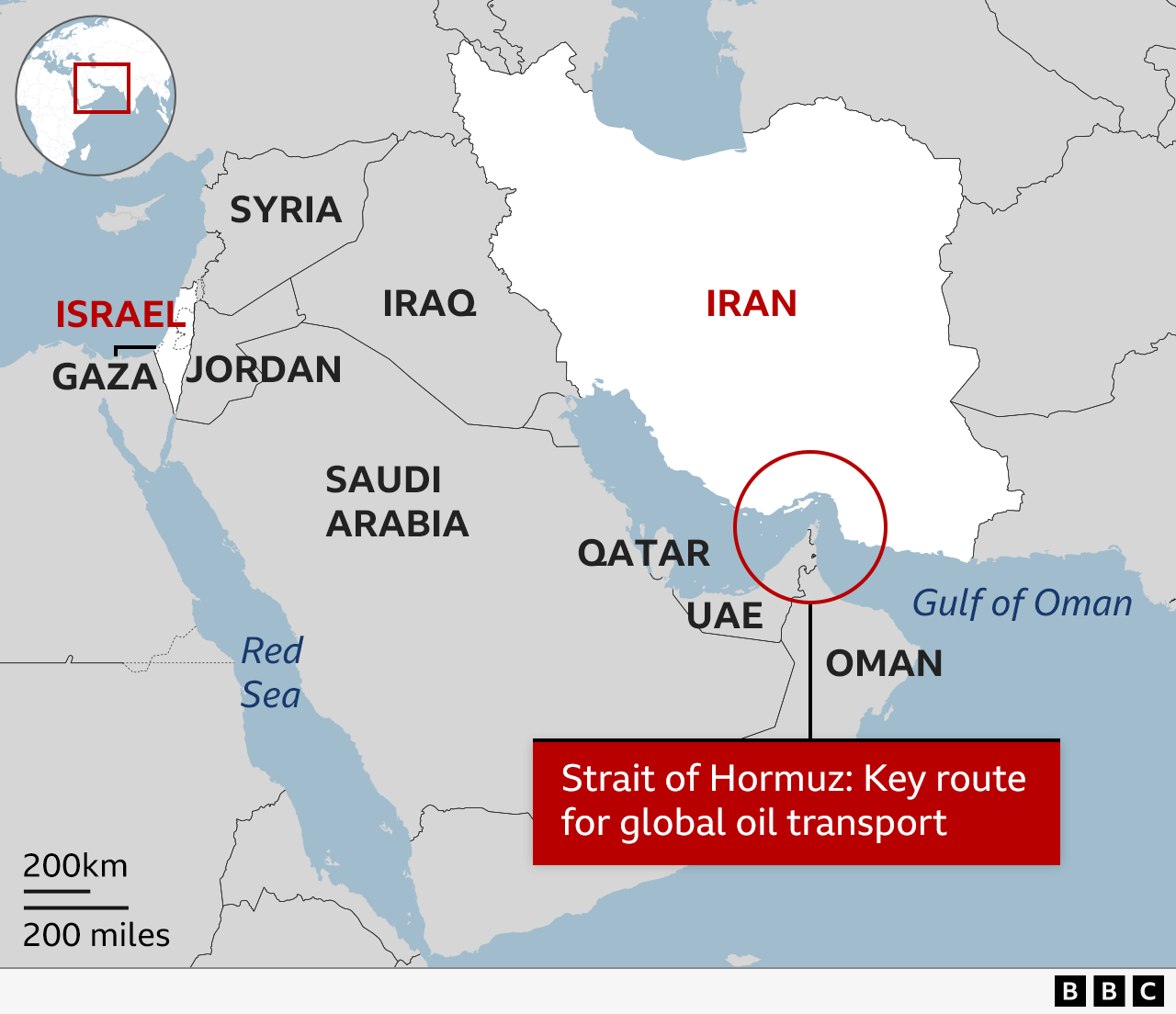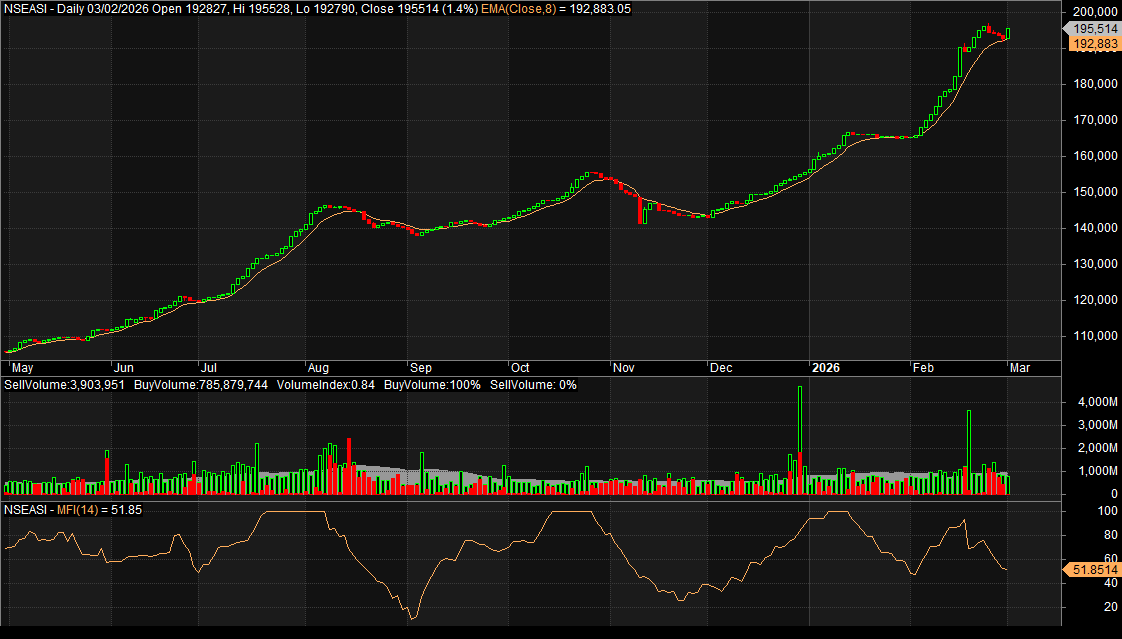
Vice President Yemi Osinbajo at the weekend absolved the Federal Government of blame over the non-passage and assent to the 2018 Appropriation Bill as promised last year during a parley with leadership of the National Assembly.
According to the gentleman’s agreement at a meeting Osinbajo, who was then Acting President had agreed with the lawmakers to fast-track the presentation and passage of the bill, which would have ensured that the budget ran from January to December, unlike others before it that were passed just before mid-year or there about.
According to the transcript of a media interview he granted to a group of journalists and social media practitioners in Lagos on Friday, March 2, 2018, distributed by Laolu Akande, Senior Special Assistant to the President, Media & Publicity, Office of the Vice President, Osinbajo recalled that “when I was Acting President, I signed the 2017 budget and, at that time, I made the announcement with the full consensus of the National Assembly that, from 2018, we are going to have a budget that is going to apply in January and end in December the normal financial year.
“We agreed that we will submit our proposal in good time, and we did that first week of November… The President did so. We fulfilled that part of the agreement. The budget is with the National Assembly. There is very little we can do to control that. That’s the system that we have.”
In answer to question on the tension generated by seeming rift between the executive and the legislature, he said such is normal in democratic settings across the globe since “the National Assembly is to scrutinize what the executive is doing and not just to be a rubber stamp.
“But I also agree with you entirely that it’s important for us, for the sake of our country, our economy and for the sake of many young people who are relying on us to deliver.
“We ensured that we released our budget on time. I want to believe that the executive has done its part and we wait on the National Assembly.”
Osinbajo also argued that although the national debt level is rising, the administration’s prudent management of the nation’s resources “means that we are investing in the right place.
“We are not just borrowing money anyhow; no, we are investing in the right place.
Every government or most governments anywhere probably look for some points to borrow, but the important thing is what are you borrowing for? And that’s why we building the Lagos-Kano rail, doing the Lagos-Calabar rail, the second Niger Bridge and the Mambilla hydro project that has been abandoned for almost 40 years.
“We are improving capacities in power, we are investing in social investment, we are investing long-term in the things that will create an economy that can support a large number of young graduates, who are coming in the market every day. That’s a process that needs a lot of thinking; that needs a lot of investment.
I think the most important thing is to ask that when there was a N9tr debt, where is the infrastructure to account for that? I think that is the most important question to ask,” he stressed.
For the Vice President also, what is important is not the borrowing, but what the money is spent on.
“I think we should be able to prove that the earning is 60% less than the earning in the past five six years. So we are spending far more on the right thing and we are able to ensure that we build a future that young people can truly look forward to.”
We are not spending 50% of Nigeria’s revenue on debt servicing, he corrected, explaining that the current deficit of about N2.6tr, adding that “a lot of our revenue has to be spent on capital and recurrent, and recurrent is 70% of revenue. But for the first time we are spending 30% on capital.
“Before now when oil was a $115 a barrel, we were spending 11% or 15% on capital, and capital is the most important expenditure because that is where you do the infrastructure in order to be able to build the economy. So the reality is what we are spending is to provide the infrastructure that will last.”












